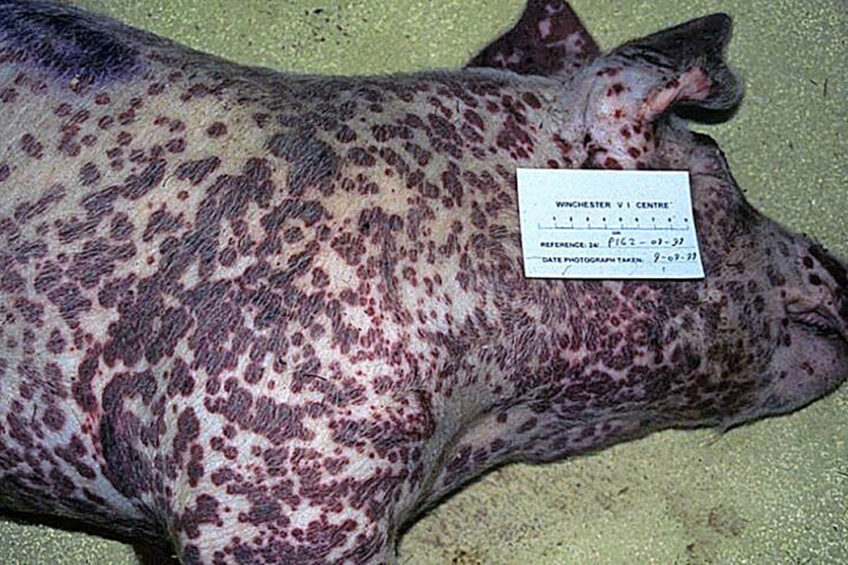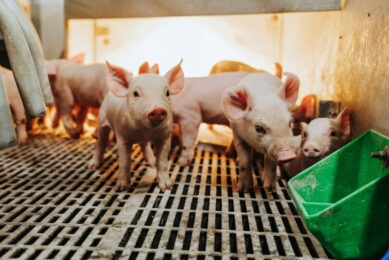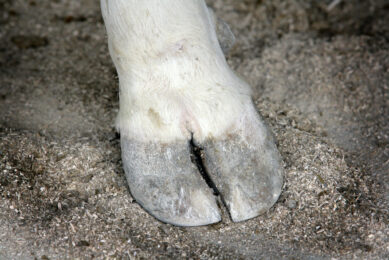CSF Brazil: Outbreak outside free zone in Ceará

Brazil has reported another Classical Swine Fever (CSF) outbreak in the city of Marco, Ceará state. It happened over half a year after the previous outbreaks in Brazil in neighbouring Piauí state.
The town Marco is located around 900 km from Bahia state or 1,000 km from Tocantins state, the nearest states inside Brazilian CSF’s free zone.
The Ministry of Agriculture, Livestock and Supply (MAPA) has notified the case to the World Organization for Animal Health (OIE), which released an official bulletin about it last Monday.
CSF, also called hog cholera, is a viral disease that has a high rate of contamination and is often deadly for pigs and wild boar. The illness poses no risk to human health. In clinical signs it bears resemblance to its namesake African Swine Fever, even though the viruses are completely different.
Measures adopted to prevent disease spreading
According to Nelson Pinto, Marco city health secretary, the ministry and the municipal office for Agriculture and Economic Development adopted measures to prevent disease spreading.
“The agents for combating endemic diseases blocked the location once the outbreak was registered to prevent new cases here and over the region,” Nelson said.
Due to Covid-19, the 2020 edition of the IPVS congress in Rio de Janeiro was postponed to 2022. Read the interview with IPVS president Fernanda Almeida.
Action to fight the virus began on Monday, October 11. According to the OIE, CSF cases were registered in 9 animals in a backyard farm. Of those, 8 pigs died and 1 had to be culled. The update stated that “Investigations are still ongoing to identify the origin and epidemiological routes. The eradication measures will be implemented by slaughtering these animals and identifying contacts.”
Not part of the CSF free zone
Ceará is not part of Brazil’s CSF free zone, which is made up of 15 states plus the Federal District. Those areas have not had any registered cases of the disease since January 1998. As is shown in Figure 1, they are Rio Grande do Sul, Santa Catarina, Paraná, Minas Gerais, São Paulo, Mato Grosso do Sul, Mato Grosso, Goiás, Rio de Janeiro, Espírito Santo, Bahia, Sergipe, Tocantins, Rondônia and Acre.











